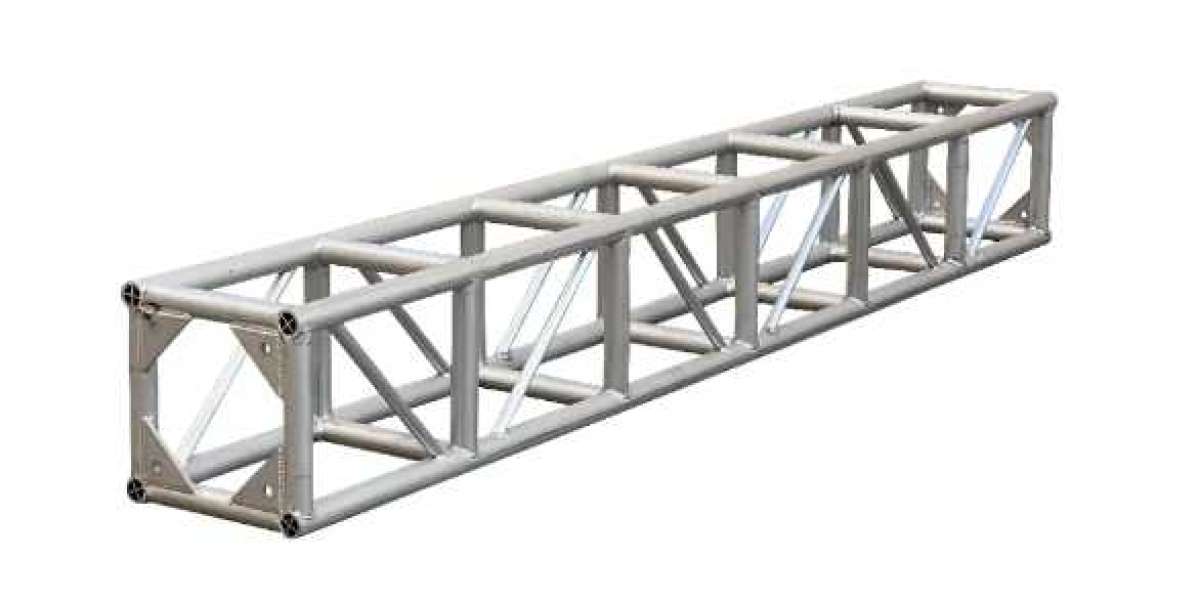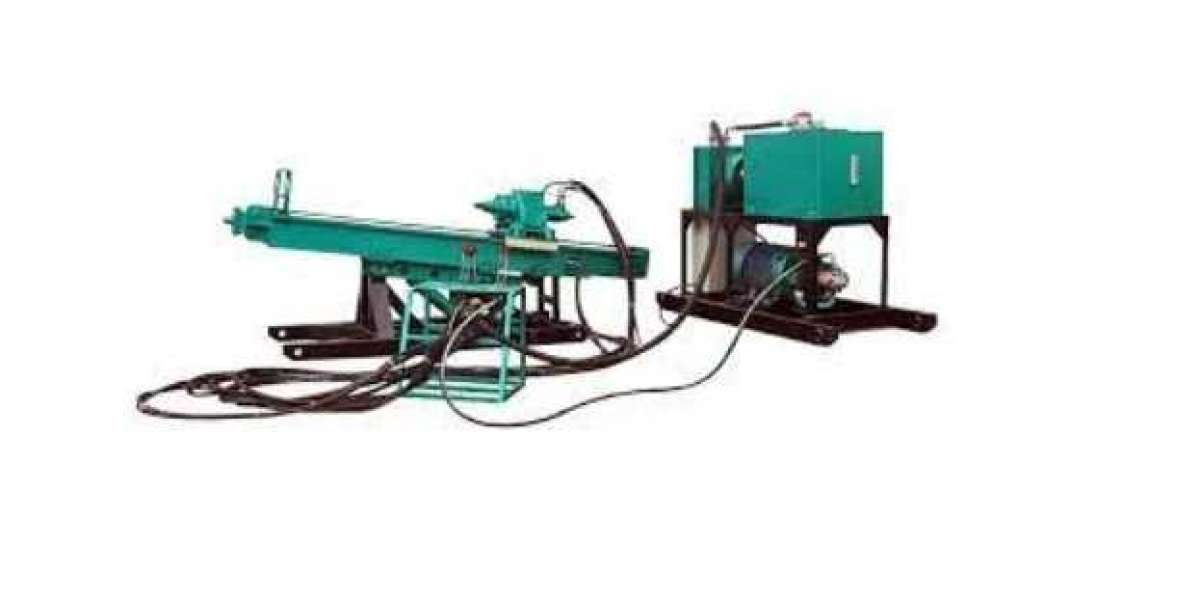Triangular plate trusses play a crucial role in enhancing structural stability across various applications, from construction to stage design. Their design leverages the inherent strength of triangles, making them a preferred choice in engineering. This article explores the characteristics, advantages, and applications of triangular plate trusses, emphasizing their contribution to structural integrity.
Characteristics of Triangular Plate Trusses
Structural Design
Triangular plate trusses consist of interconnected triangular units that distribute loads efficiently. The geometry of triangles allows for even load distribution, minimizing stress concentrations and enhancing overall stability. The upper and lower chords experience varying axial forces, with the forces being greatest at the endpoints and decreasing toward the center.
Material Efficiency
One of the significant advantages of triangular plate trusses is their material efficiency. The design allows for the use of lighter materials without compromising strength. This characteristic not only reduces material costs but also facilitates easier transportation and assembly.
Versatility
Triangular trusses are highly versatile and can be adapted for various uses, including roofing systems, staging structures, and exhibition stands. Their aesthetic appeal combined with functional performance makes them suitable for both indoor and outdoor applications.

Stages of Triangular Plate Truss Development
Design Phase
The initial phase involves conceptualizing the truss design based on specific load requirements and spatial constraints. Engineers utilize software tools to simulate load distributions and optimize the geometry for maximum strength with minimal material usage.
Fabrication Phase
Once the design is finalized, the fabrication phase begins. Triangular plate trusses are typically constructed from aluminum or steel due to their favorable strength-to-weight ratios. Advanced welding techniques ensure robust connections between members, contributing to the overall durability of the structure.
Installation Phase
The installation of triangular plate trusses requires careful planning to ensure safety and stability. Proper anchoring and bracing are critical to prevent deformation under load. The lightweight nature of these trusses simplifies handling during installation, making them a preferred choice for temporary structures like stages.

Advantages of Triangular Plate Trusses
Enhanced Stability
The triangular configuration inherently provides superior stability compared to other shapes. This stability is particularly beneficial in structures subjected to dynamic loads, such as wind or seismic activity. By distributing forces evenly across all members, triangular plate trusses reduce the risk of structural failure.
Cost-Effectiveness
Utilizing triangular plate trusses can lead to significant cost savings in construction projects. Their efficient use of materials reduces waste and lowers overall project costs while maintaining high structural performance.
Aesthetic Appeal
Beyond functionality, triangular plate trusses offer an attractive visual element in architectural design. Their sleek lines and geometric forms can enhance the aesthetic quality of buildings and stages alike, making them popular in modern architecture.

Applications of Triangular Plate Trusses
Construction Industry
In construction, triangular plate trusses are commonly used in roofing systems where they provide necessary support while allowing for large open spaces beneath. Their ability to span wide distances without intermediate supports makes them ideal for warehouses, gymnasiums, and auditoriums.
Event Staging
Triangular trusses are widely used in event staging due to their lightweight properties and ease of assembly. They can be configured into various shapes to create visually appealing backdrops or support lighting and sound equipment during performances.
Exhibition Design
In exhibition settings, triangular plate trusses provide a flexible framework for displays and signage. Their modular nature allows for quick reconfiguration based on the exhibition layout, making them a favorite among event planners.

Conclusion
Triangular plate trusses are essential components in modern engineering that enhance structural stability while offering versatility across various applications. Their unique characteristics—such as material efficiency, aesthetic appeal, and inherent stability—make them a popular choice in construction, event staging, and exhibition design. As technology advances, the potential for innovative designs utilizing triangular plate trusses continues to expand, promising even greater contributions to structural integrity in future projects.








